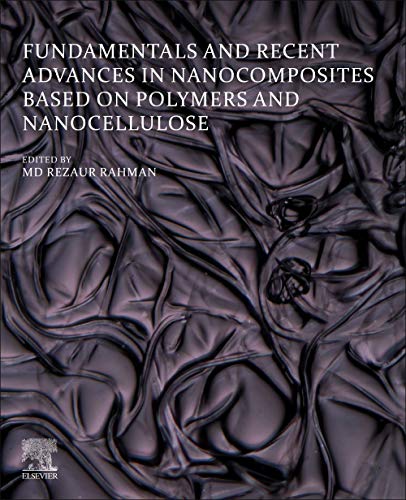

Most ebook files are in PDF format, so you can easily read them using various software such as Foxit Reader or directly on the Google Chrome browser.
Some ebook files are released by publishers in other formats such as .awz, .mobi, .epub, .fb2, etc. You may need to install specific software to read these formats on mobile/PC, such as Calibre.
Please read the tutorial at this link: https://ebookbell.com/faq
We offer FREE conversion to the popular formats you request; however, this may take some time. Therefore, right after payment, please email us, and we will try to provide the service as quickly as possible.
For some exceptional file formats or broken links (if any), please refrain from opening any disputes. Instead, email us first, and we will try to assist within a maximum of 6 hours.
EbookBell Team

4.7
106 reviewsFundamentals and Recent Advances in Nanocomposites Based on Polymers and Nanocellulosebrings together the latest research in cellulose-based nanocomposites, covering fundamentals, processing, properties, performance, applications, and the state of the art. The book begins by explaining the fundamentals of cellulose and cellulose-based nanocomposites, including sources, extraction, types, classification, linkages, model structure, model compounds, and characterization techniques. The second part of the book covers the incorporation of cellulose fillers to improve the properties or characteristics of nanocomposites, organized by composite category, including in aerogels, thermoplastic composites, thermoset composites, bioplastic composites, carbon nanofibers, rubber composites, carbon fibers, and foaming materials. Throughout these chapters, there is an emphasis on the latest innovations and application potential. Finally, applications are explored in more detail, notably focusing on the utilization of nanocellulose in biodegradable composites for biomedical applications, along with other important industrial application areas. This book is of great interest to researchers, scientists, and advanced students working with bio-based materials, and across polymer science, nanomaterials, composite materials, plastics engineering, chemical engineering, materials science and engineering, as well as R&D professionals, engineers, and industrialists interested in the development of bio-based materials for advanced applications or material commercialization.